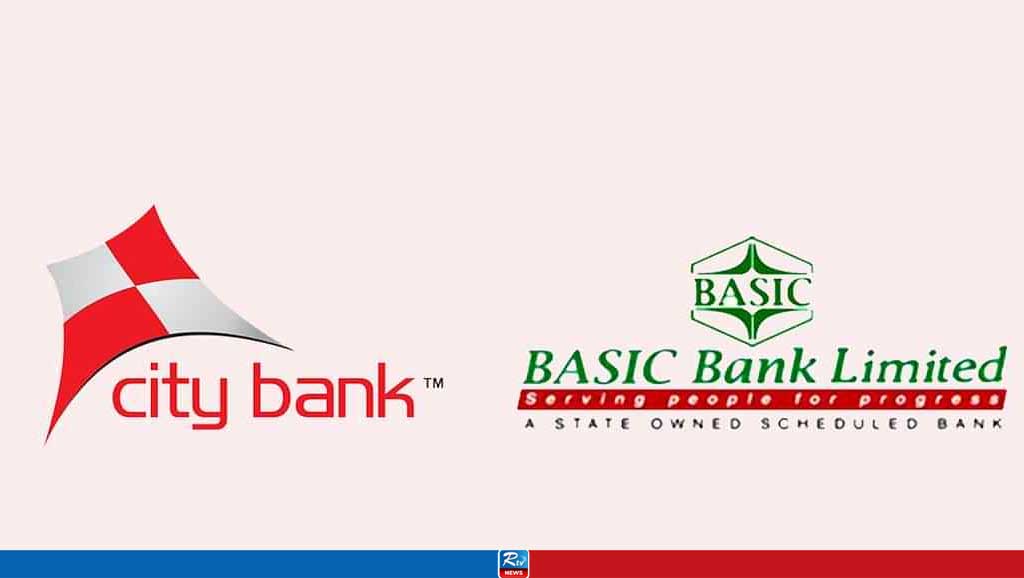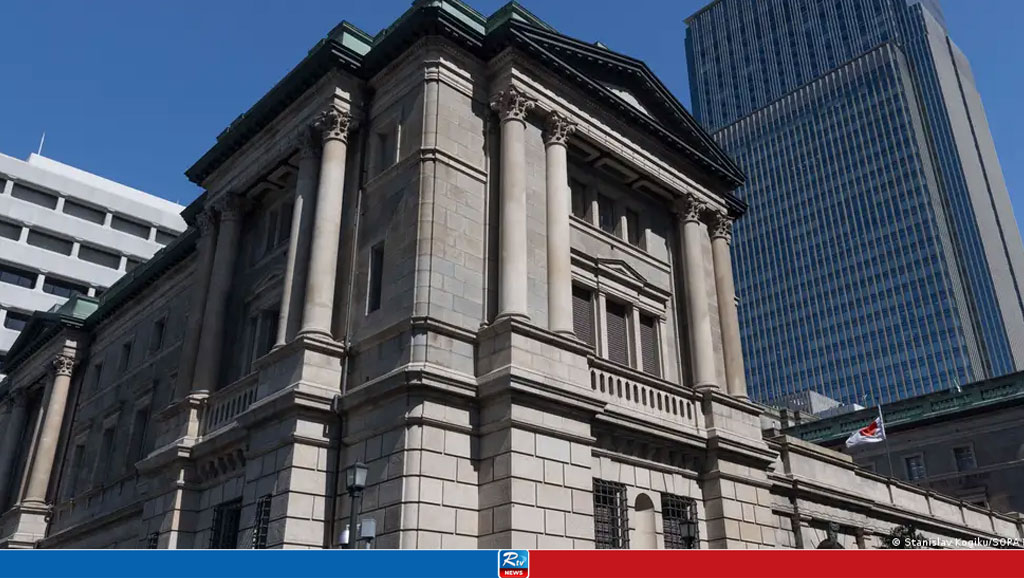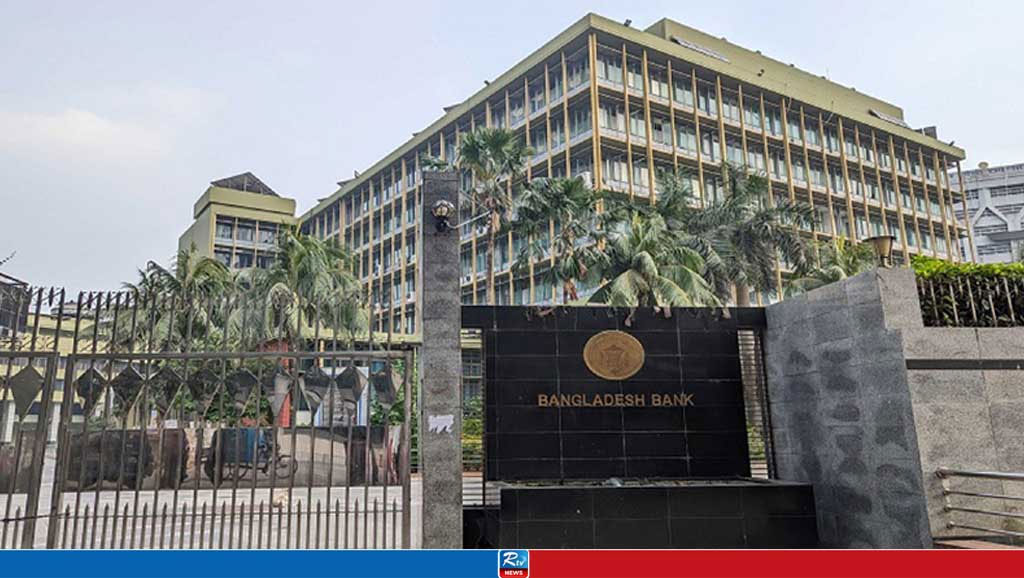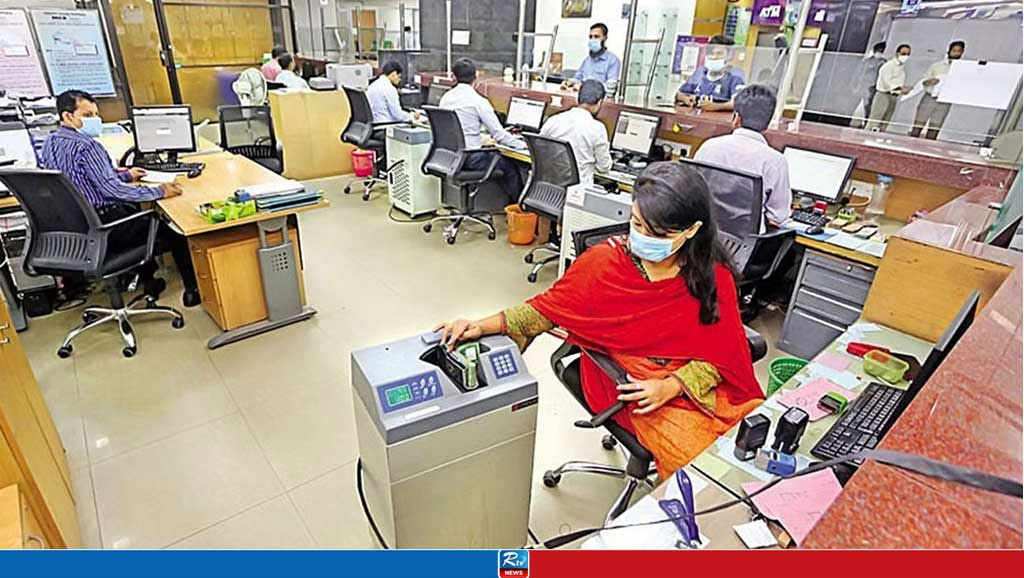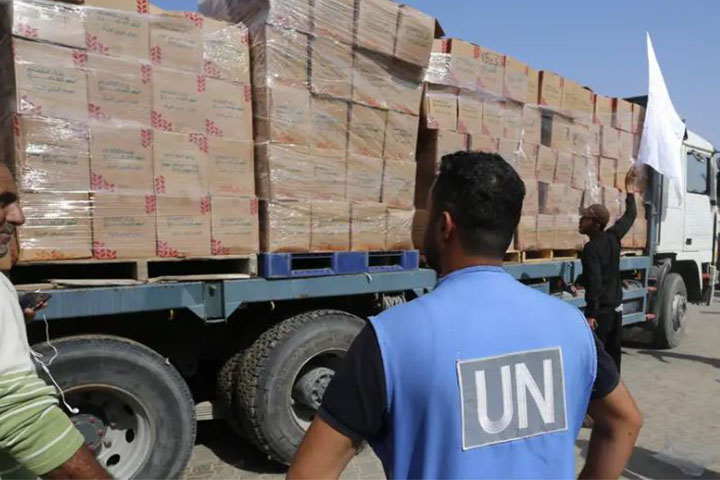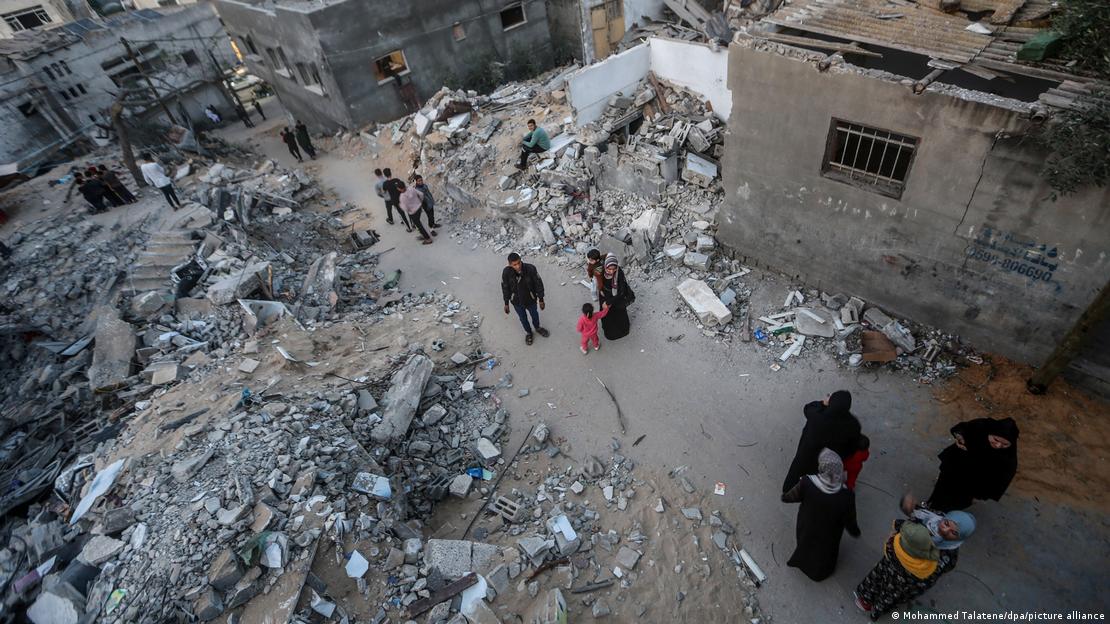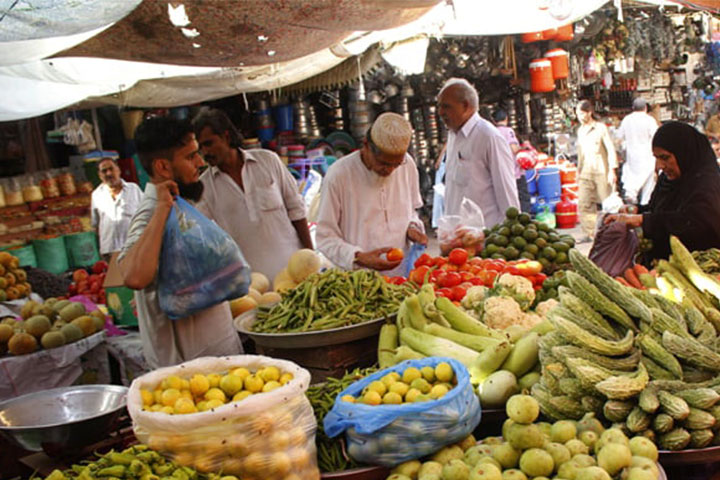What to know about the Gaza Strip
The Gaza Strip, a small area nestled between Israel, Egypt and the Mediterranean, is one of the most densely populated areas in the world.
The militant Islamist Palestinian group Hamas has been attacking Israel from Gaza since October 7. Germany, the European Union, the US and some Arab states classify Hamas as a terrorist organization.
The Gaza Strip covers an area approximately ten kilometers wide and 41 kilometers long. Just over two million people live there, which means an average of around 5,500 people per square kilometer. In Israel, the average population density is around 400 people per square kilometer.
Who lives in the Gaza Strip?
The people living in the Gaza Strip are Palestinians. This includes both those who were original residents there but also many refugees who fled to Gaza from Israel following Israel's founding in 1948 and the subsequent military conflicts between Israelis and Palestinians.
Most of the residents live in the north of the region, particularly in Gaza City. The population is very young, with almost 40% of the population under the age of 15.
What is the difference with the West Bank?
The Palestinian territories include the Gaza Strip and the Israeli-occupied West Bank. The West Bank with East Jerusalem borders Israel, the Dead Sea and Jordan.
Being much larger and less densely populated, it differs significantly from the Gaza Strip. It is governed by the Fatah party, the strongest faction in the Palestine Liberation Organization (PLO), which recognizes Israel's right to exist and is seen by most Western countries as representing the Palestinians.
Who governs Gaza?
Since 2007, the Gaza Strip has been governed by the militant Islamist group Hamas. The group rejects the peace process with Israel and in its charter calls for the destruction of Israel.
For years, militants have sent rockets from Gaza into Israeli areas, but the attack that began on October 7 is a dramatic escalation of the longstanding conflict.
What is the Gaza Strip blockade?
Since Hamas came to power in 2007, Gaza has been seen as "enemy territory" by Israel and has remained largely sealed off to this day. Israel controls access by land, sea and air.
Hamas has since continued what it describes as "self-defense" attacks on Israel, which have resulted in four major military clashes with the Israeli army in the past: in 2008-09, 2012, 2014 and 2021.
The blockade of Gaza is also largely supported by Egypt, its only other neighbor. As a result, economic isolation has led to a drastic deterioration in living conditions with large parts of the population living in poverty. Around 40% of residents between the ages of 15 and 24 are unemployed.
Poverty and a lack of prospects and opportunities, particularly among the young population, helps Hamas to continue to mobilize support.
How is Gaza supplied?
Between Israel and Gaza, there's a border crossing for people (Erez) and one for goods (Kerem Shalom/Sufa). There is also one crossing into Egypt in Rafah.
The import of goods is strictly controlled by Israel, in part to prevent arms from being moved into Gaza. The border with Egypt is also often blocked so that Hamas tries to smuggle goods in via a network of tunnels.
The Gaza Strip is largely dependent on international aid; according to the UN, this affects around 80% of the population. The situation is particularly difficult for the many refugees who still live in camps and are completely dependent on aid deliveries.
Gaza also suffers from regular power outages , and electricity is often only available for a few hours a day. Water is scarce and the majority of the population does not have clean drinking water.
The healthcare system is also dependent on international help and, especially in times of military conflict with Israel, often overwhelmed.
09 Oct 2023,09:55



















 Live Tv
Live Tv
